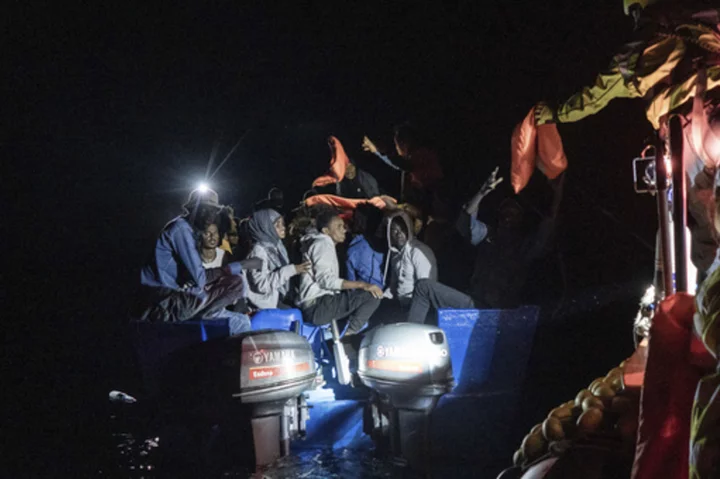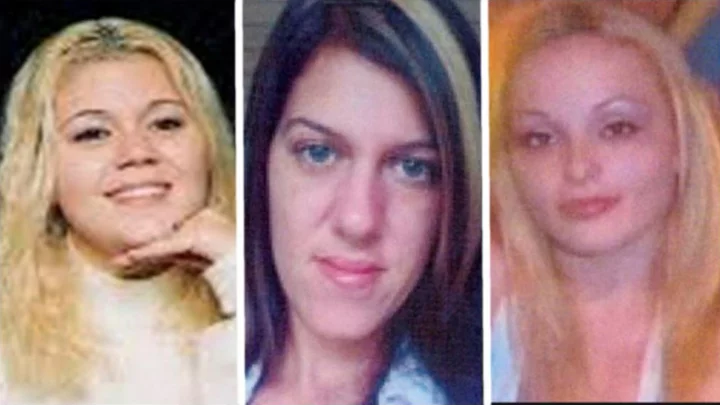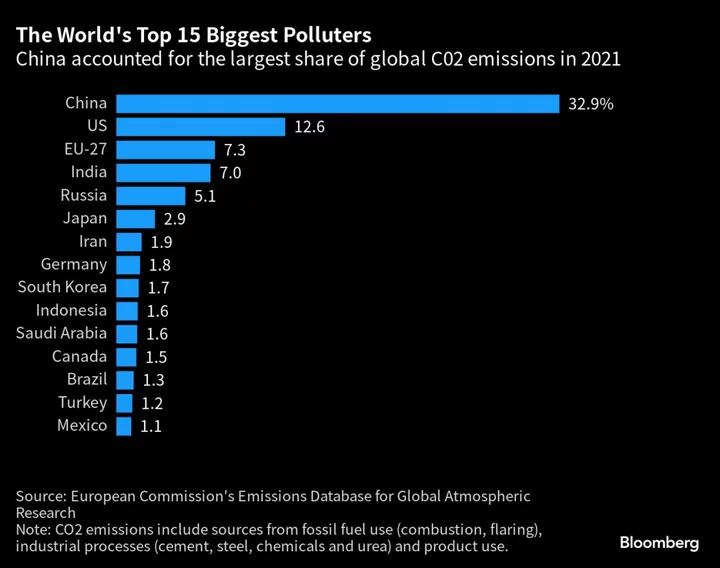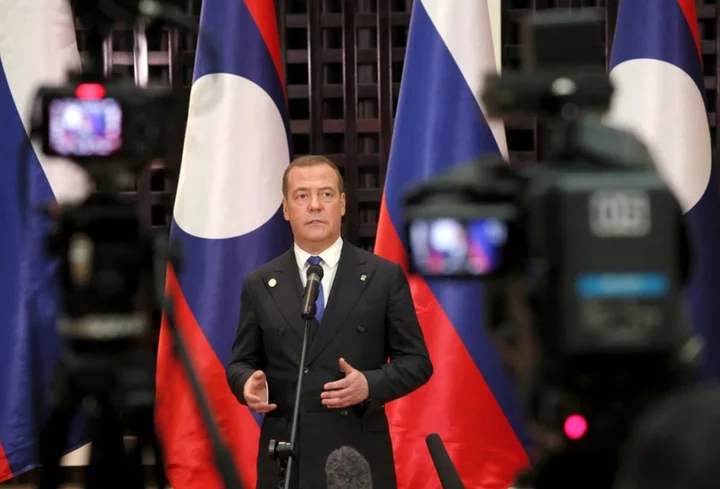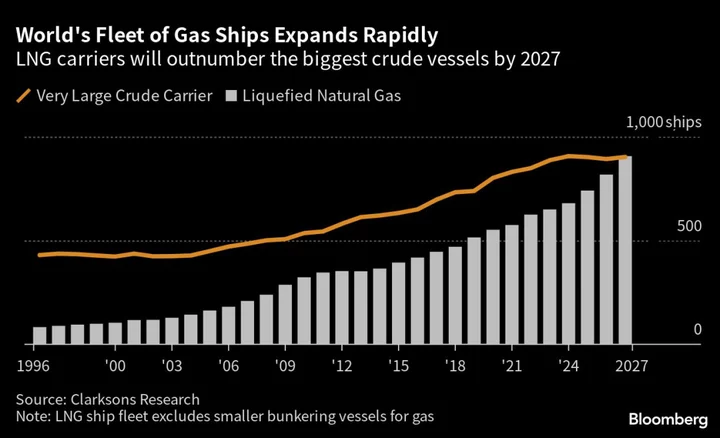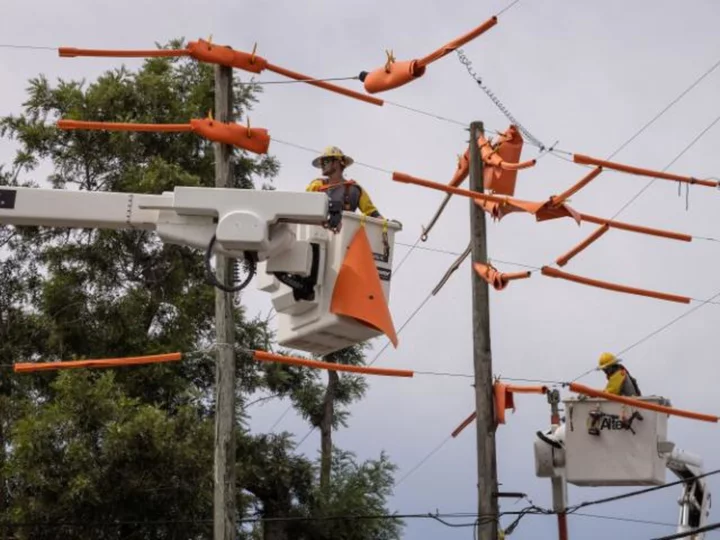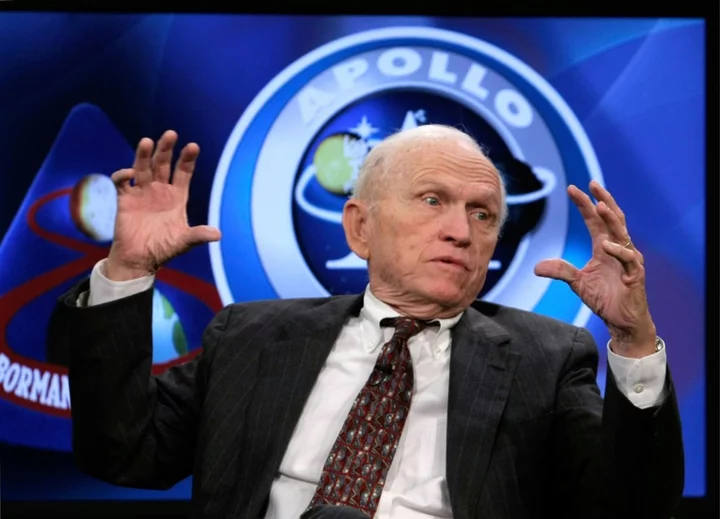VALLETTA, Malta (AP) — Leaders of nine southern European countries called Friday for the EU to finalize a new migration and asylum deal, and to beef up efforts to prevent departures from North Africa as another shipwreck drama unfolded off Libya's coast.
A joint statement issued at the end of a one-day meeting in Malta said the needs of front-line countries — such as Italy — that receive the vast majority of migrants, must be “adequately met.” It said the European Union as a bloc must strengthen its response by beefing up surveillance operations of Europe’s external borders to prevent departures and break up human trafficking networks.
The one-day huddle included host Malta, as well as Croatia, Cyprus, France, Greece, Italy, Portugal, Slovenia and Spain. Slovenia and Croatia, which have coastlines on the Adriatic Sea, were added to the so-called “Med Group” in 2021.
European Commission President Ursula von der Leyen and European Council President Charles Michel also attended the meeting, which came ahead of next week's informal gathering of the EU’s 27 nations in Granada, Spain.
Meanwhile, the German humanitarian rescue group Sea-Watch released a video apparently showing a Libyan coast guard boat nearing a migrant boat, and then some 50 people falling into the water. Sea-Watch said the Libyan coast guard “rammed” the migrant boat, and then took the survivors aboard another ship.
Aid groups and human rights organizations have denounced the EU's deal with Libya to finance the Libyan coast guard so it can increase patrols to bring migrants back to Libya. The U.N. has said abuses are rife at Libyan migrant detention camps. The EU recently inked a similar deal with Tunisia, which has taken over as the primary point of departure for smullers' boats.
Italian Premier Giorgia Meloni said she was pleased with the “convergence” of views at the summit, given recent differences over the migration dossier with France and Germany. And she said she hoped the Tunisia deal will soon get off the ground, with the first tranche of EU funding due to arrive next week.
“The summit repeats that the path to follow ... is the fight against illegal immigration, an all-out fight against traffickers and going to the cause of the migration phenomenon,” Meloni said at the end of the summit.
Greek Prime Minister Kyriakos Mitsotakis said EU countries “need to determine on our own terms who enters” the 27-nation bloc.
“This is about us ... exercising what is a right that we can simply not outsource to smugglers,” he said. “Currently it is the smugglers who decide who gets to enter the European Union and this must change.”
Mitsotakis said EU members should focus on repatriating people who are not entitled to asylum, while at the same time providing organized legal migration pathways.
Host Robert Abela, the Maltese prime minister, said the EU needed to speed up the time it takes to repatriate migrants whose asylum bids fail. Currently, the lack of repatriation accords with countries of origin allows many migrants to simply fade away and head north in search of family and work.
“But ultimately the issue needs to be tackled at source. To help achieve that, we underline the need to urgently build more robust, comprehensive partnerships with all our partners in the southern Mediterranean,” Abela said,
The Malta meeting comes as a deadline approaches for the bloc to approve a comprehensive migration and asylum reform or risk it unravelling.
Under current EU rules, the nation where asylum-seekers arrive must shelter them while their applications are processed. Front-line countries like Italy have said the deal puts an undue burden on them, but little progress has been made in the three years since a new EU pact was unveiled.
Member states bicker over which country should take charge of migrants when they arrive and whether other countries should be obligated to help, debates that have fueled doubt as to whether an overhaul is possible before European elections in June.
For the pact to get through, officials and lawmakers say, an agreement on all 10 parts of the plan must be sealed by February. A new European Commission and European Parliament will start work next year and they may want to modify the pact, raising the risk that it might unravel.
In the final statement from Malta, the leaders called for EU states “to step up negotiations" to reach an agreement "before the end of the current legislative term.”
___
Nicholas Paphitis in Athens, Greece contributed.
___
Follow AP's coverage of global migration at https://apnews.com/hub/migration

